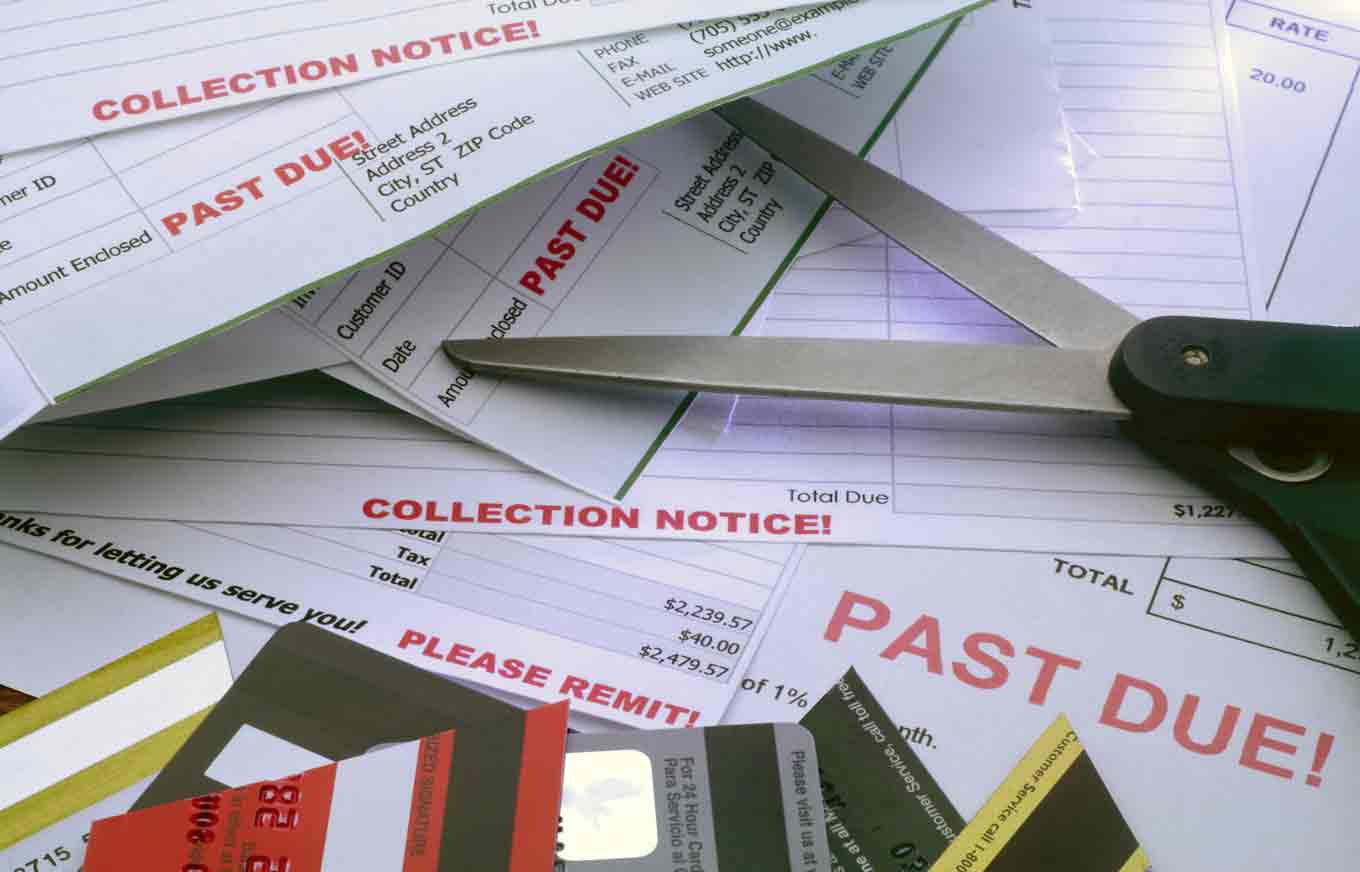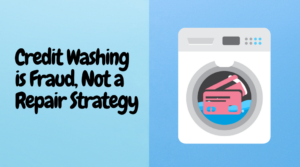To “dispute a collection account” find an error or inaccuracy which includes dates, amounts, duplicate reporting and much more. Every piece of information in your credit reports must be accurate.
An inaccurate or misleading collection account will lower your credit score. Either because of clerical errors or miscommunication, collection accounts are among the most common errors on credit reports. That’s why factual disputes are better than disputing “account not mine”, especially if the account is really yours.
To find factual errors go through the negative tradeline and list every error, inaccuracy, incomplete or false thing you find. No doubt you can find a factual error or two, or three.
And when you find an error, request the credit bureau delete the negative tradeline, not make a correction. Corrected negative information is still negative.
The E-Oscar Investigation Method
Because the credit bureaus utilize the E-Oscar method of investigation, a consumer dispute is reduced to a two-digit code. This code is intended to best describe the dispute issue. What the code really does is reduce the credit bureaus’ time in processing disputes and eliminates the FCRA requirement for the dispute to be properly investigated.
When should you dispute collection accounts
You can choose to dispute a collection account at any time, however, there are times when disputing a collection account may produce better results.
When an original creditor transfers a debt to a collection agency, the original creditor still owns the debt. It may be difficult to dispute in this situation. Working with the original creditor to resolve the debt may be the best option.
When the original creditor has sold the debt and it ends up in the hands of a junk debt buyer, you have a pretty good chance in disputing the debt and here is why.
Junk debt buyers are collection agencies that purchase “old” debts and are working for themselves. Sellers of “old” debt include cell phone companies, utilities, medical companies, card issuers, and many other types of businesses.
Because junk debts are purchased for pennies on the dollar, debt collectors and junk debt buyers usually seek to negotiate a settlement with the debtor. They just want the money. Disputing the listing on your credit report may result in a deletion because they don’t have the time or desire to deal with credit disputes.
Dispute factual errors
- Account reporting “One Month Term.” What terms and agreements did you sign and agree to when the debt collector purchased the debt? None. Collection accounts should not have one-month terms.
- Account reporting as “120 days late”. How can this be? Collection accounts are not like original creditor accounts. You did not open an account with a collection agency and promise to pay monthly payments. The debt collector can report the last status from the original creditor but they cannot update lates on a monthly basis.
- Account is reporting as an “Installment”. Again, what terms and agreements did you sign and agree to when the debt collector purchased the debt? None. Is the debt collector posing as a bank, lender or finance company? Collection accounts are not installment accounts.
- Another common error is reporting the debt as revolving, which is not only inaccurate but may cause the credit score to further decrease. The collection account now looks like another revolving account in default and will be scored along with other revolving accounts on the credit report.
- Account “ balance” or the “high balance” is incorrect.
- Many collection agencies pose as Data Factoring Companies. Even if the credit bureaus allow this deception, you did not open a “data factoring account” with them. Collection accounts are not “data factoring accounts.”
- The date of first delinquency with the original creditor is not reporting and according to the FCRA, Section 623, “…A person who furnishes information to a consumer reporting agency regarding a delinquent account being placed for collection, charged to profit or loss, or subjected to any similar action shall, not later than 90 days after furnishing the information, notify the agency of the date of delinquency on the account, which shall be the month and year of the commencement of the delinquency on the account that immediately preceded the action.”
You will probably find more than one factual error, however, do not list all of them in one dispute letter. Save some for later in case you do not get the desired result on your first round of dispute letters. Disputing negative tradelines based upon factual errors may eliminate the credit bureaus’ excuse of “previously investigated” notation.
Finding factual errors causes the credit bureaus to do their job properly. Frustrate the credit bureaus to the point they will follow the FCRA and actually investigate a dispute or even better, frustrate them to the point they will delete the negative tradeline.
It may not work every time but you will find you can get a lot more mileage out of dispute letters containing factual errors whether than disputing “not mine” only to have the investigation results come back verified.
There could be negative consequences to your credit score by disputing collection accounts so it is important to read “What you should know before disputing a collection account.”
Dispute multiple debt collectors reporting the same debt
Debt collectors often sell accounts when they fail to collect. One collection account can change hands multiple times. Junk debt buyers often engage in this practice. When debts are assigned and sold to other collectors, there’s a strong possibility the collection agency listed on your credit report isn’t the agency that’s currently collecting on the debt. Only one debt collector at a time can pursue you for the delinquent debt. You can request the credit bureaus delete multiple collection agencies reporting on the same debt.
Dispute when debt collectors sell the account
Junk debt is typically resold 4-5 times before it goes away or the current owner of the debt files a lawsuit for resolution of the matter. The good news is the more a debt is resold from one junk debt buyer to another, the weaker the paper trail. The likelihood of any junk debt buyer being able to validate a debt is already low.
But a debt that is repeatedly resold almost never comes with any supporting documents from the original creditor which could be used for validation.
With debt collectors selling accounts to other collectors it’s possible to get the account removed just by disputing or requesting debt validation. If the debt collector fails to respond to the dispute, the credit bureau should remove the account since it has not been verified.
Request debt validation
A collection agency must prove they have a legal right to collect the debt. The FDCPA entitles you to validate a debt when a collection agency demands money from you. If a collection agency can’t validate the debt, the credit bureau cannot list it as a negative mark on your credit report.
Once you request debt validation, the collection agency must stop all collection activity, including reporting and verifying, until they supply proper validation of the debt. Although there is no specific time limit for the collection agency to validate, they cannot continue collection activities until they provide validation information.
The key to debt validation is timing. Even though you can request debt validation at any time, the FDCPA only supports a consumer’s request for validation that’s done within a 30-day period after receipt of the collection notice. Which means the consumer must make their request for validation within 30-days of receipt of the collection notice in order for the request to be timely, and thus impose a cease collection bar on the debt collector.
Note that after receipt of a timely debt validation request, the debt collector is under no requirement to provide the requested validation. The debt collector can simply choose not to respond but they cannot continue any further active collection activities on the debt.
Debts that are repeatedly resold almost never come with any supporting documents from the original creditor that can be used for validation. Request the credit bureaus to remove unverified debt. Find out more about debt validation.
Offer a pay for delete
If you can’t remove the debt by disputing it, try negotiating a “pay for delete” with the collection agency. With a pay for delete the collection agency removes the account from your credit report in exchange for payment.
Send the collector a letter stating your interest in paying the account. Offer to make payment if the collector agrees to remove the entry from your credit report.
Ask that the collector to return a signed copy of the letter to you to seal the agreement. Make sure you get the agreement in writing before you make a payment. Don’t make any payment, full or partial, until you have the agreement in writing. See (Sample Pay for Delete Letter.)
Options if disputing does not work
If you have exhausted your dispute efforts there are still options you can attempt. Make complaints to the CFPB, the FTC, or your state’s attorney general. You can also sue the debt collector for this or other violations of the Fair Debt Collection Practices Act (FDCPA). If you sue under the FDCPA and win, the debt collector must generally pay your attorney’s fees, and may also have to pay you damages.
If you already paid the debt – request a goodwill deletion
You can ask the debt collector for what’s called a “goodwill deletion.” People who are familiar with requesting a goodwill deletion typically associate the practice with original creditors. But goodwill deletions can also be requested for paid collection accounts. Write the collector a letter explaining your circumstances and why you would like the debt removed.
There’s no guarantee your request will be accepted, but there’s no harm in asking.
Final thoughts on removing collections
Consider allowing a professional repair your credit. Other methods can be used to get rid of collection accounts such as debt validation, settle the debt and even pay for deletion of a collection account.


















